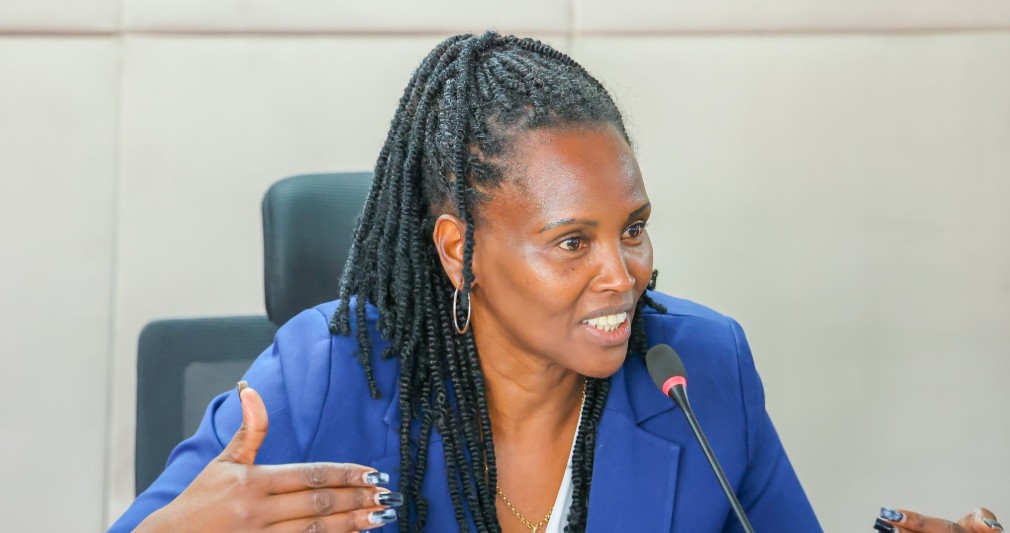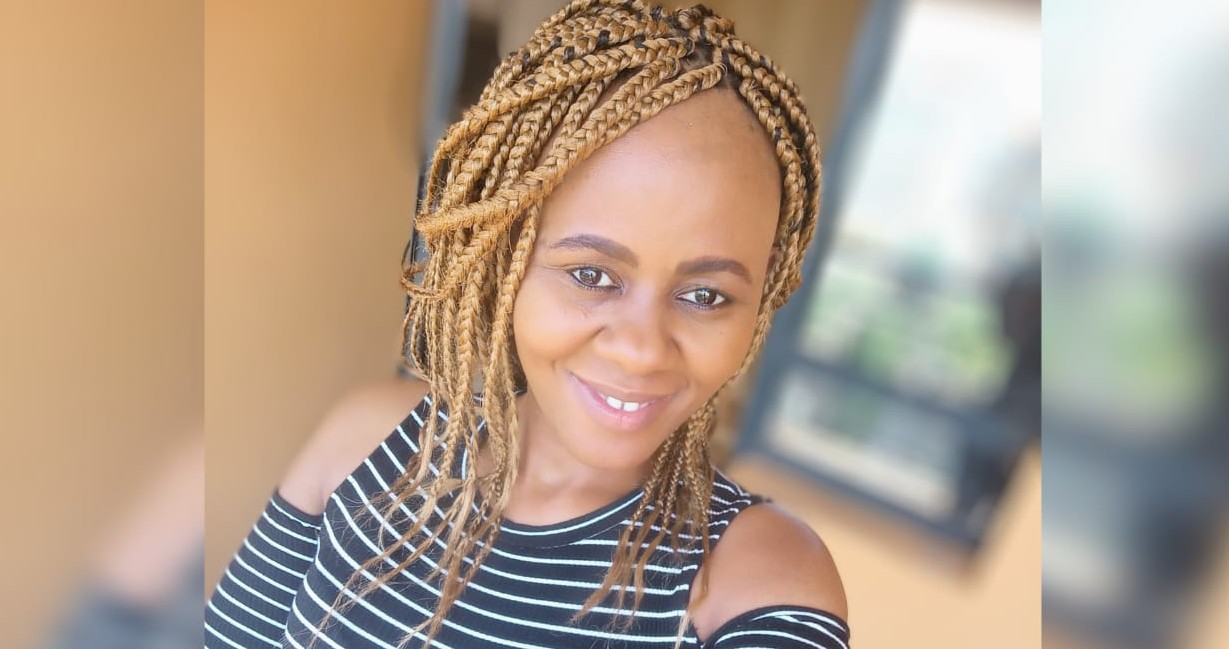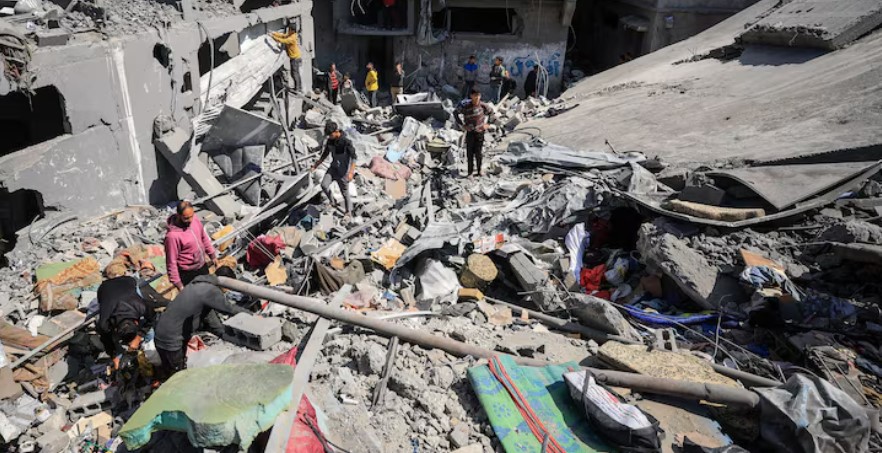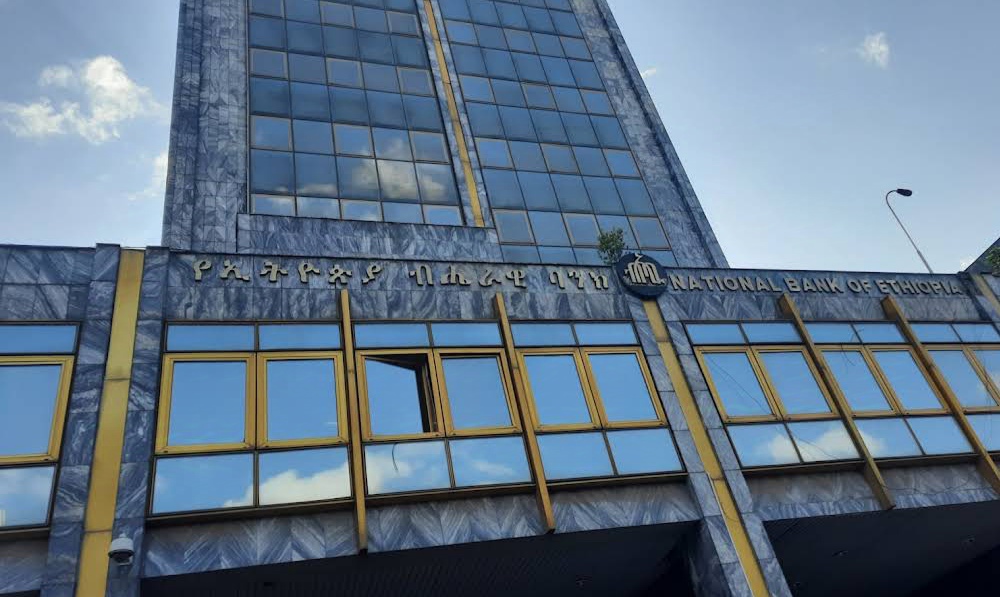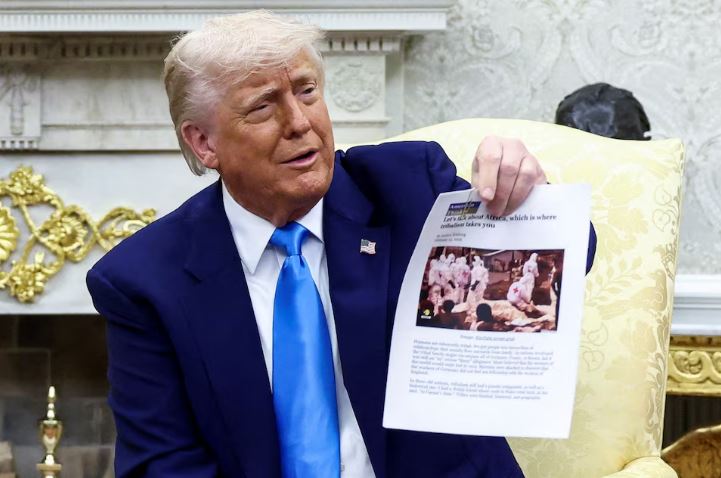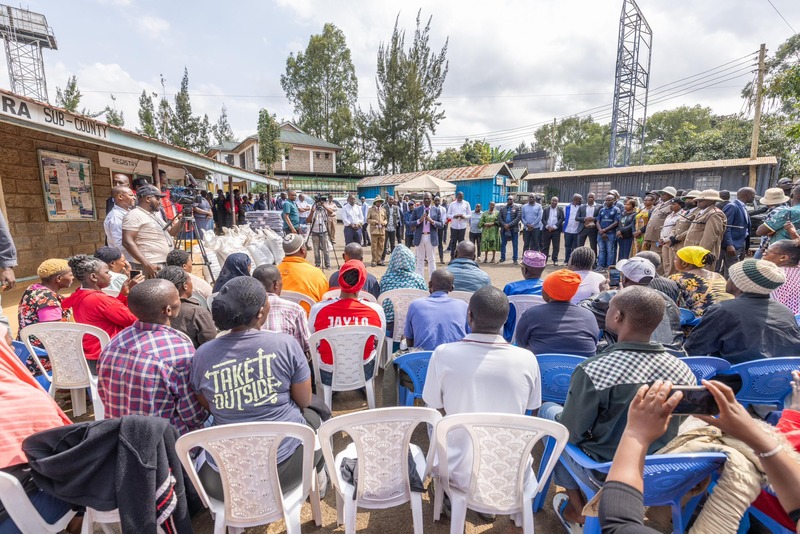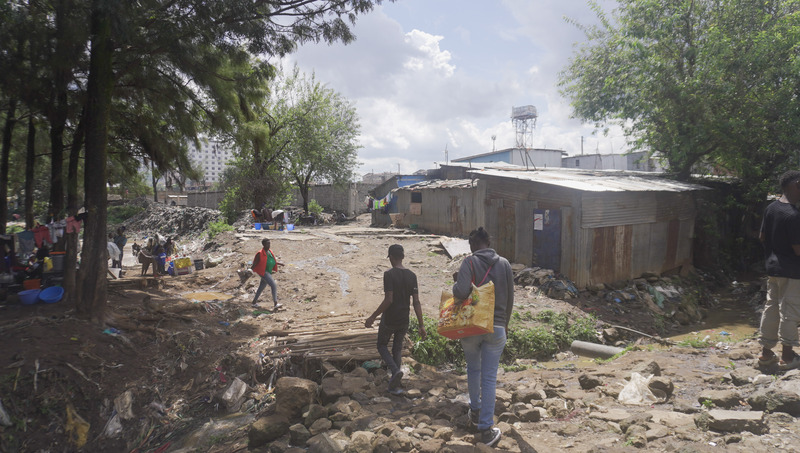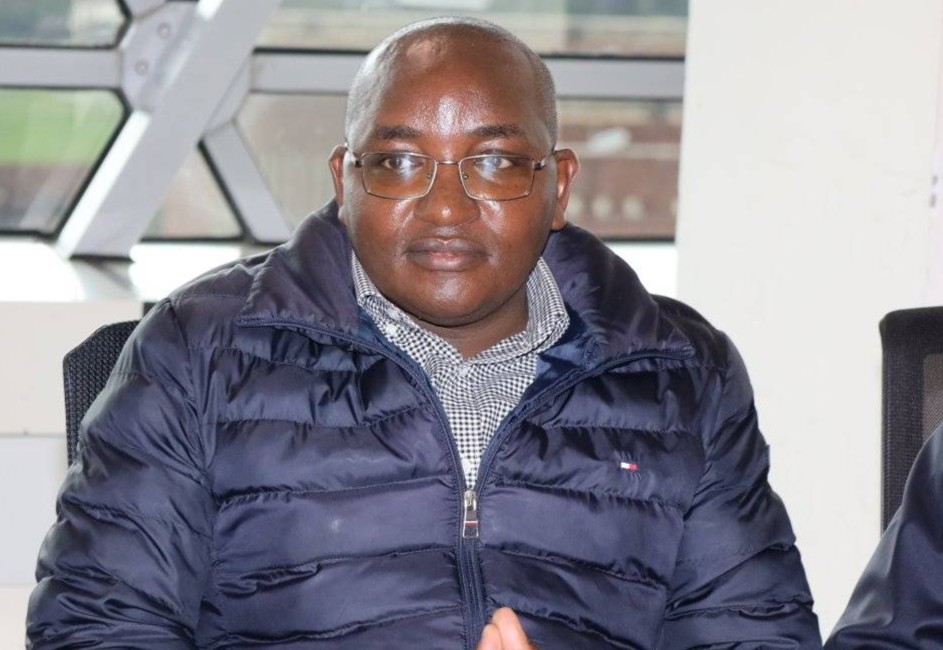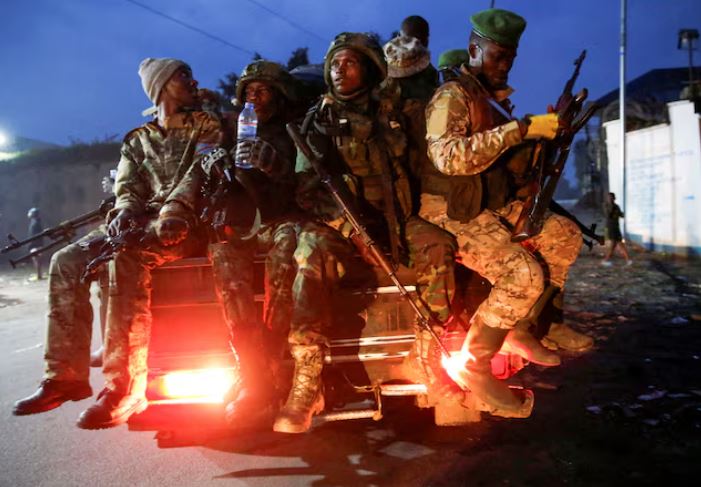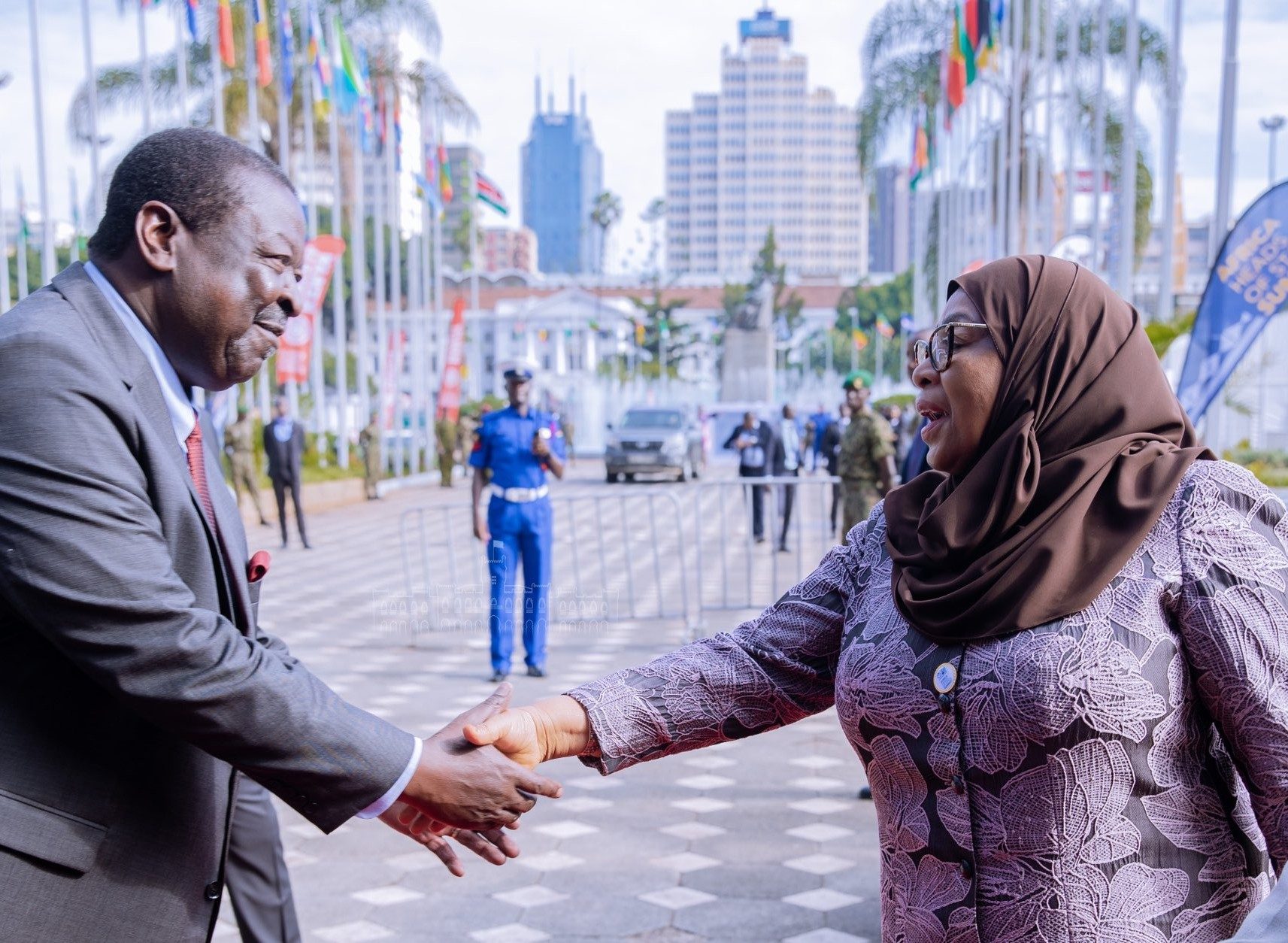Uganda cuts defence cooperation with Germany, citing subversive actions by envoy
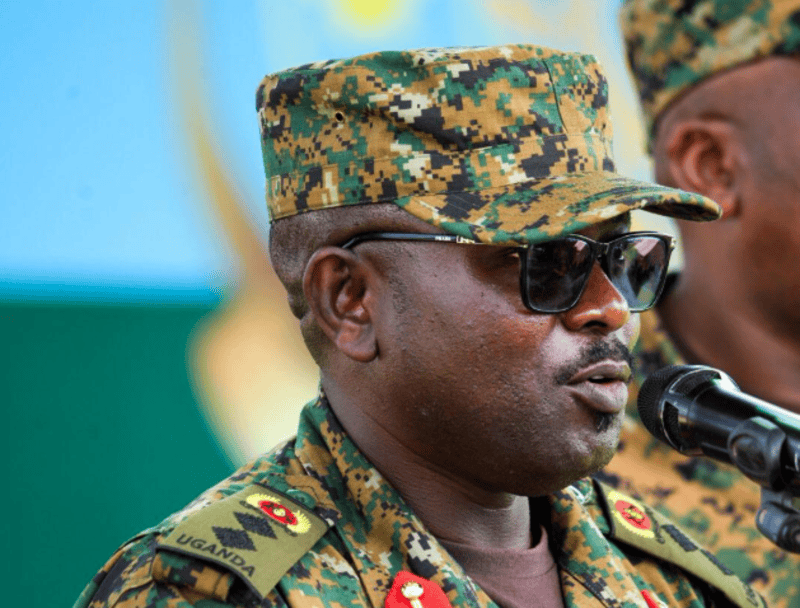
The development follows a closed-door meeting in Gulu last week between European diplomats, including Ambassador Schauer, and President Yoweri Museveni's brother, Gen. Salim Saleh.
The Uganda People's Defence Forces (UPDF) has suspended all military cooperation with Germany with immediate effect, citing constant interference in the country's affairs by Germany's Ambassador to Uganda, Mathias Schauer.
According to the UPDF, Schauer's "subversive activities" include supporting opposition politicians ahead of Uganda's 2026 elections, further straining relations between the two nations.
More To Read
- Besigye remains in custody as Uganda court skips bail ruling
- Muhoozi praises Uganda MPs for passing controversial Bill allowing military trials for civilians
- Uganda to deduct traffic fines from salaries of government officials
- Nearly four million vaccinated as yellow fever threat looms in Eastern Uganda
- Ugandan opposition leader Bobi Wine to seek presidency, chides West over rights
- Kenya, Uganda, and Tanzania propose PAMOJA VISA to ease travel during CHAN 2025
"UPDF has with immediate effect suspended all ongoing defence and military cooperation activities with the Federal Republic of Germany," said Colonel Chris Magezi, the acting director of Defence Public Information.
"The decision is in response to credible intelligence reports that the current German Ambassador to Uganda, His Excellency Mathias Schauer, is actively engaged in subversive activities."
The development follows a closed-door meeting in Gulu last week between European diplomats, including Ambassador Schauer, and President Yoweri Museveni's brother, Gen. Salim Saleh. Salim is an adviser to the President on military matters.
During the meeting, the envoy allegedly urged Uganda to denounce controversial statements made by Museveni's son, Gen. Muhoozi Kainerugaba, on the grounds that they were painting Kampala in a bad light.
"What we have tried to convey is we are worried about the reputational damage that this is causing in this country," the ambassador said last week.
National Unity Party (NUP) leader and opposition chief Robert Kyagulanyi, popularly known as Bobi Wine, has since condemned UPDF's actions, stating that it is a "ridiculous" move to criminalise dissent.
"They have stated that most of those so-called rebels are supporters of NUP!" Kyagulanyi said in an X statement on Saturday.
"This is an all-too-familiar script by the regime: manufacturing 'threats' to shield itself from accountability and justify its relentless violent persecution," Bobi Wine said on Saturday.
Last week, Col. Magezi claimed that European embassies in Kampala were financing opposition factions that allegedly targeted critical electricity infrastructure across Uganda, an accusation the NUP has denied.
"The intelligence services are aware of his undiplomatic practices... which go against the spirit of the 1961 Vienna Diplomatic Conventions," he said.
Gen. Salim has since dismissed concerns about Muhoozi, describing him as a young officer and implying that he could be managed if the situation demanded.
"The UPDF... strongly condemns foreign influence meddling in Uganda's internal affairs and will take decisive action against those who seek to destabilise the country," he said.
According to the 1961 Vienna Convention on Diplomatic Relations, diplomats must follow the laws of the host country and are not allowed to interfere in its internal matters.
If a diplomat violates these principles, the host nation can ask their home country to recall them. However, publicly accusing a diplomat of subversion is highly unusual and typically indicates a major diplomatic rift.
Top Stories Today


